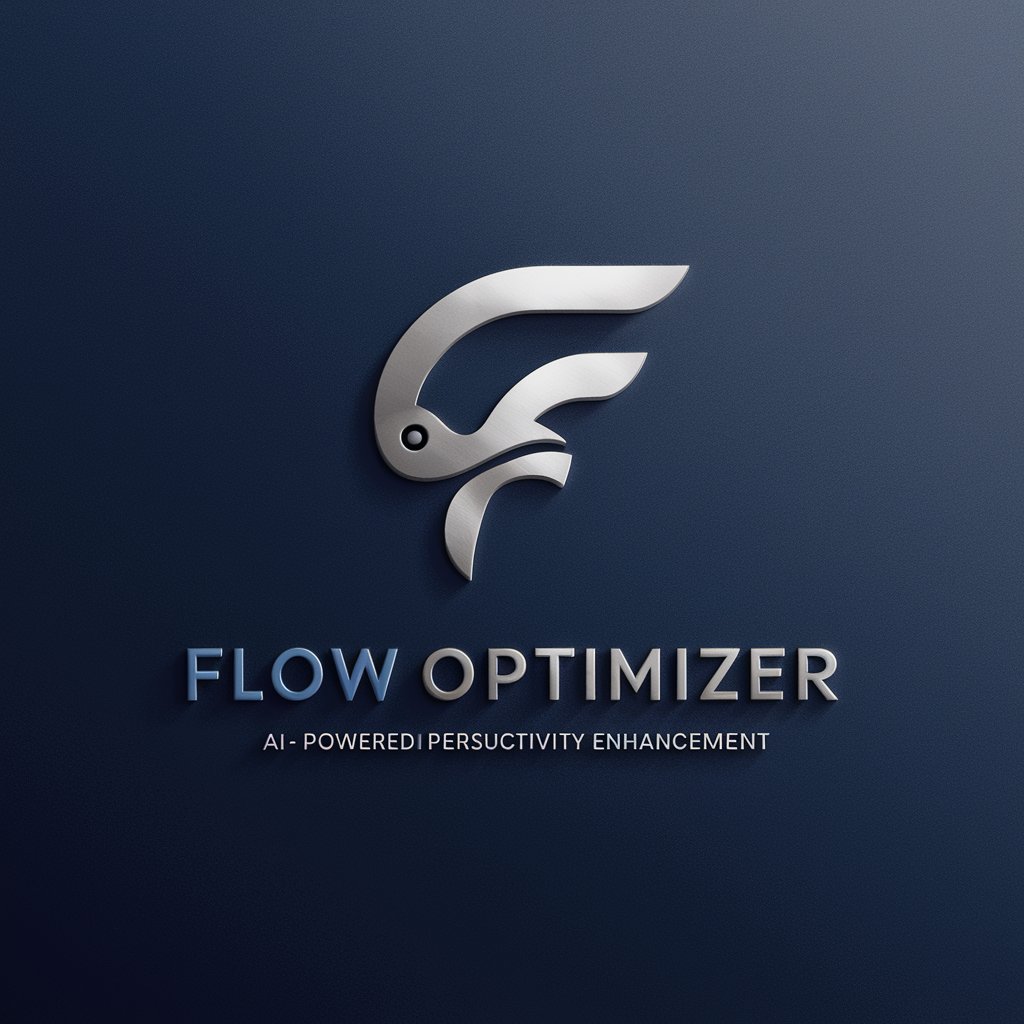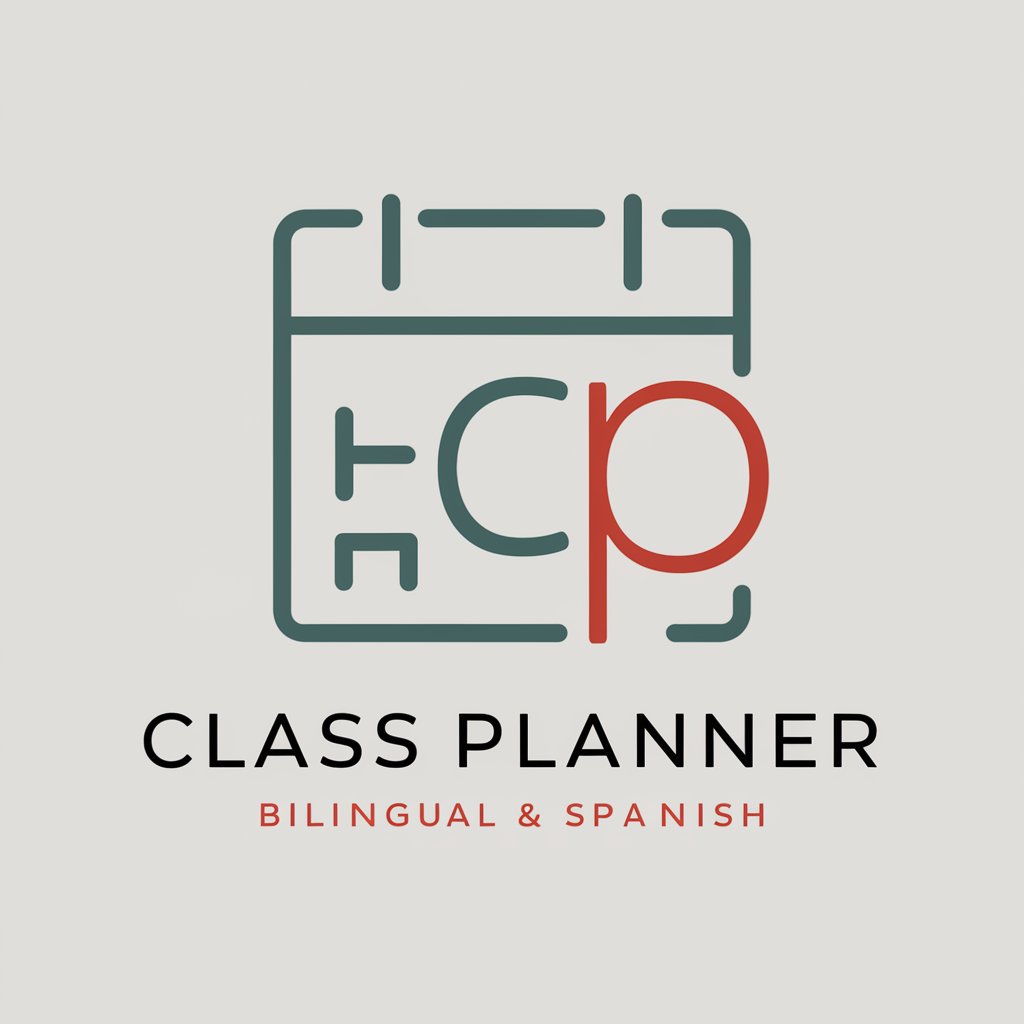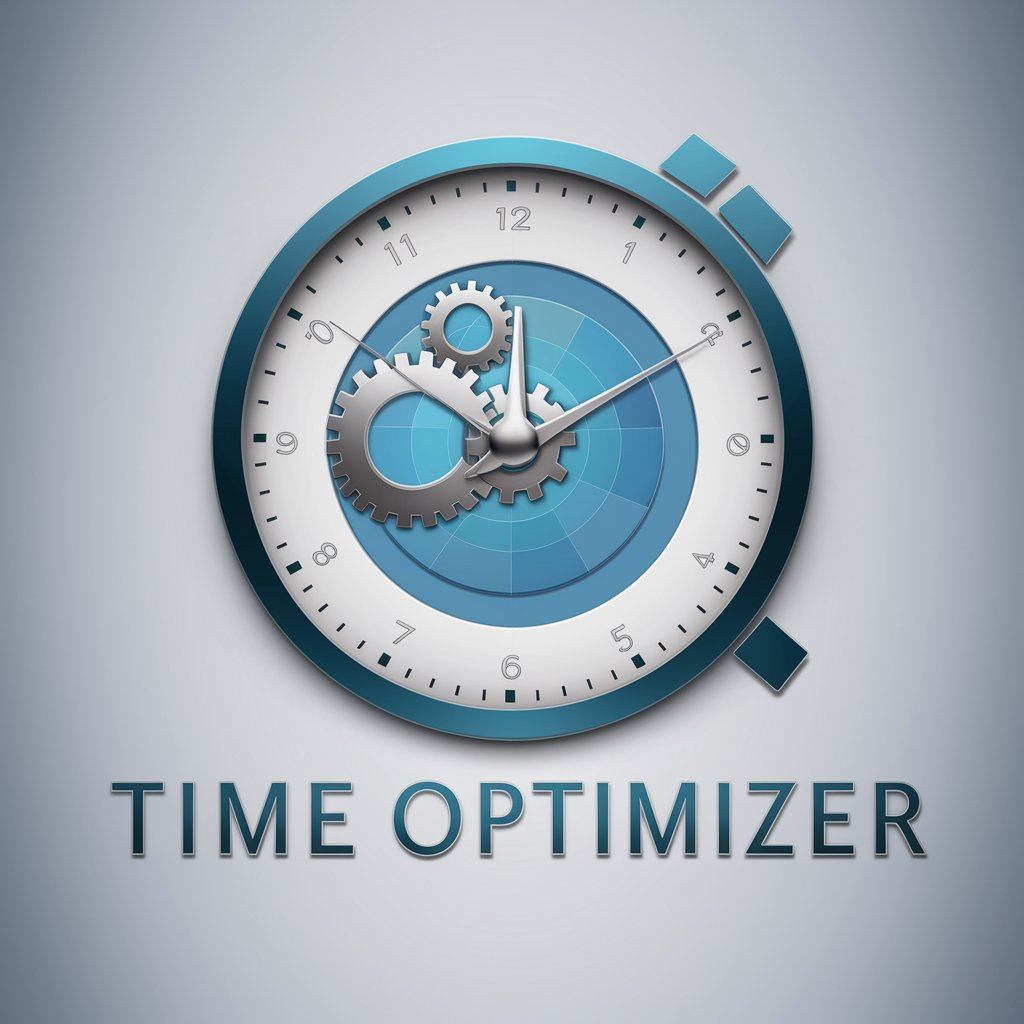11 GPTs for Academic Scheduling Powered by AI for Free of 2026
AI GPTs for Academic Scheduling are advanced artificial intelligence tools designed to optimize and manage scheduling processes within educational institutions. By leveraging Generative Pre-trained Transformers (GPTs), these tools provide tailored solutions for creating, maintaining, and updating academic schedules, course registrations, and examination timetables. They are particularly relevant for handling complex scheduling scenarios, ensuring efficient allocation of resources, and improving the overall educational experience by minimizing conflicts and maximizing learning opportunities.
Top 10 GPTs for Academic Scheduling are: Flow Optimizer,GSU Content Scheduler Co-Pilot,CourseLink Companion,Class Planner,Calendar Optimizer,AgendaBot,Routine Buddy,Time Management Guru,Calendar Craft,Time Optimizer
Flow Optimizer
AI-Powered Productivity Personalization

GSU Content Scheduler Co-Pilot
Elevate Your Content Strategy with AI

CourseLink Companion
AI-Powered Academic Assistant

Class Planner
Craft Your Perfect Schedule with AI

Calendar Optimizer
Maximizing productivity with AI-driven scheduling.

AgendaBot
Organize your schedule effortlessly with AI.

Routine Buddy
Empowering Your Routine with AI

Time Management Guru
AI-powered Time Management Simplified

Calendar Craft
Simplify Your Scheduling with AI

Time Optimizer
Optimizing Your Time with AI

Short Note
Craft concise, professional messages effortlessly.

Key Capabilities of AI GPTs in Academic Planning
AI GPTs for Academic Scheduling stand out due to their adaptability and versatility in handling both simple and intricate scheduling demands. Core features include intelligent automation for schedule creation, conflict resolution algorithms to prevent overlapping classes or resources, real-time updates and notifications for stakeholders, and data analysis for optimizing resource allocation. Additionally, these tools can support multiple languages, offer technical support through chat or email, and integrate with existing educational management systems, making them a comprehensive solution for academic scheduling needs.
Who Benefits from Academic Scheduling AI
The primary beneficiaries of AI GPTs for Academic Scheduling include educational administrators, faculty, and IT professionals within academic institutions. These tools are accessible to users without coding expertise, thanks to their user-friendly interfaces, while also providing advanced customization options for developers and IT professionals. This dual accessibility ensures that a wide range of users can effectively utilize these tools to improve academic scheduling processes.
Try Our other AI GPTs tools for Free
Photo Resizing
Discover AI GPTs for Photo Resizing, the cutting-edge solution for enhancing images effortlessly. Tailored for both novices and professionals, these tools offer smart resizing, quality preservation, and seamless integration for all your image editing needs.
Logo Addition
Discover how AI GPTs for Logo Addition revolutionize branding with automated, context-aware logo integration across media formats.
Residential Design
Discover how AI GPTs are revolutionizing residential design, offering tailored, intuitive solutions that enhance creativity and efficiency in home design projects.
Commercial Architecture
Explore the transformative potential of AI GPTs in Commercial Architecture to innovate design, enhance project management, and optimize client engagements.
Automated Construction
Discover how AI GPTs are transforming Automated Construction, offering innovative solutions for design, documentation, and project management.
Client Customization
Discover how AI GPTs for Client Customization can transform your client engagement with tailored, AI-driven solutions designed for personalized experiences.
Further Perspectives on AI-Driven Academic Scheduling
AI GPTs for Academic Scheduling represent a significant advancement in educational technology, offering not just scheduling solutions but also insights into resource optimization and educational planning. Their integration capabilities with existing systems and user-friendly interfaces make them an invaluable asset for modernizing and streamlining academic operations, highlighting the potential of AI in revolutionizing education management.
Frequently Asked Questions
What exactly are AI GPTs for Academic Scheduling?
AI GPTs for Academic Scheduling are AI-driven tools that utilize generative pre-trained transformers to automate and optimize the scheduling of courses, exams, and other academic activities, tailored to meet the specific needs of educational institutions.
How do these tools handle scheduling conflicts?
They use advanced algorithms to identify potential scheduling conflicts and automatically suggest alternatives or adjustments to resolve these issues, ensuring smooth operation of academic schedules.
Can non-technical staff manage these AI tools effectively?
Yes, these tools are designed with user-friendly interfaces that allow non-technical staff, such as educators and administrators, to easily manage and adjust schedules without the need for programming skills.
Are these tools customizable for specific educational institution needs?
Absolutely. While they come with pre-set functionalities, they also offer customization options to cater to the unique scheduling requirements of different educational institutions.
Do AI GPTs for Academic Scheduling support multiple languages?
Yes, many of these tools are equipped to support multiple languages, making them suitable for use in diverse educational environments.
How do these tools integrate with existing educational management systems?
They are designed to be compatible with various educational management systems, allowing for seamless integration and data exchange to streamline scheduling processes.
What kind of technical support is available for these tools?
Most providers offer comprehensive technical support, including chat and email assistance, to help institutions implement and manage these scheduling tools effectively.
Can AI GPTs for Academic Scheduling improve resource allocation?
Yes, through data analysis and optimization algorithms, these tools can help institutions allocate resources more efficiently, reducing waste and enhancing the educational experience.